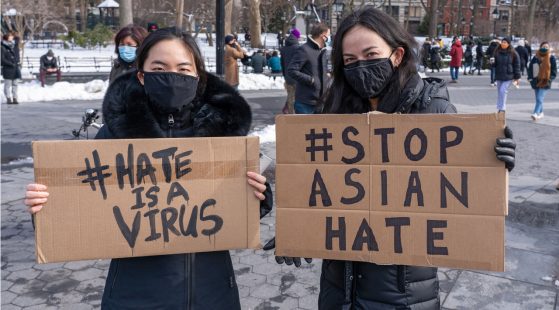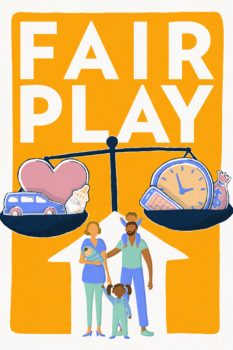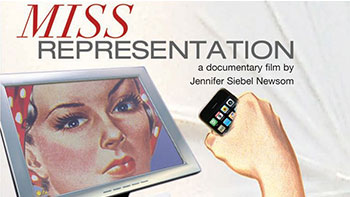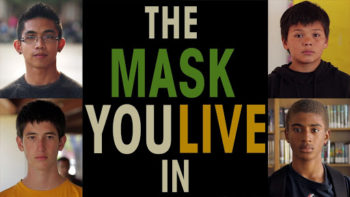On Tuesday evening, eight people in three different massage parlors and spas were killed by a mass shooter. Six of these eight victims were women of Asian descent. The shooter told the police that his “sex addiction” motivated him to carry out these shootings. The shooter used to frequent massage parlors and sought to “eliminate his temptations” through violent means.
The police charged the shooter with murder Wednesday morning but are still investigating the motivations behind his attacks. At the moment, they have not identified the incident as a hate crime and, until they do, President Biden and Vice President Harris will not officially address it. Still, President Biden claimed that “Whatever the motivation here, I know Asian-Americans are very concerned…I think it’s very, very troubling.”
While President Biden intends to wait for the FBI’s official report, the Asian American community remains concerned about their status in American society. According to The New York Times, the incident has “stirred up considerable outrage and fear within the Asian American community.”
The Asian American Journalist Association noted that “anti-Asian racism is complex and has remained historically invisible;” however, many Asian activists are linking these recent attacks to the hypersexualization of Asian women. Filipino writer Christine Liwag Dixon tweeted that “The hypersexualization of Asian women plays a HUGE part in the violence…I’ve been hit on because I am Asian and told it’s a compliment.” Dixon adds that men on the streets have often offered her money in exchange for a “happy-ending massage.” As Dixon pointed out, this incident highlights the pervasive mistreatment and misrepresentation of Asian women by American society.
This violence also highlights how many hate crimes are motivated by “male supremacy terrorism.” According to the International Centre for Counter-Terrorism, this ideology is inspired by “male entitlement and a desire to preserve traditional gender roles.” Like other male supremacists, the shooter felt “entitled to sexual access to women.” When he was denied this, the shooter took “vengeance.” The New York Times adds that other male supremacists have used their beliefs to “justify [other] mass shootings at yoga and fitness studios frequented by women.”
On Wednesday morning, the Atlanta Police chief spoke about Long: “Yesterday was a really bad day for him, and this is what he did.” Sadly, this statement demonstrates how male supremacy and racialized violence are often normalized by American society. Perhaps, the media and law enforcement will finally see that this is a case of both racism and misogyny. Until then, we all must do our part to honor the victims, call out gender and race-based violence, and stand in solidarity with the Asian community.
Take Action! Don’t fall for the idea that issues of gender and race are mutually exclusive.




